Join getAbstract to access the summary!
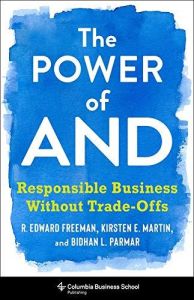
Join getAbstract to access the summary!
R. Edward Freeman, Bidhan Parmar and Kirsten Martin
The Power of And
Responsible Business Without Trade-Offs
Columbia Business School Publishing, 2020
What's inside?
Purpose-driven and ethical businesses want to do more than make money.
Recommendation
Traditionally, businesses existed only to make money and please their stockholders. Professors R. Edward Freeman, Kirsten E. Martin and Bidhan L. Parmar argue that companies today seek to be more purpose-driven and ethical. They discuss five ideas business leaders are pursuing now: making purpose as important as profits, creating value for all stakeholders, working to improve society and reduce environmental impact, realizing the complexity of human nature, and merging business and ethics.
Summary
About the Authors
R. Edward Freeman and Bidhan L. Parmar are professors at the University of Virginia Darden School of Business. Kirsten E. Martin is a professor at the George Washington University’s School of Business.









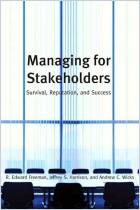

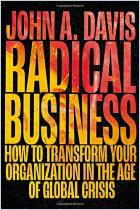
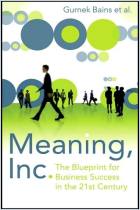
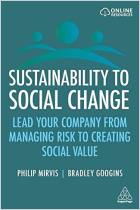
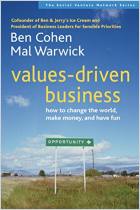
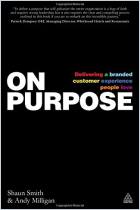






Comment on this summary